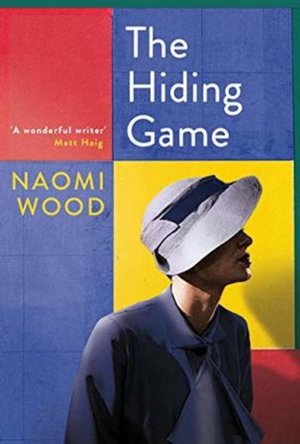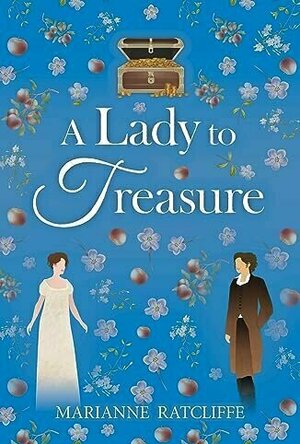ClareR (6067 KP) rated The Hiding Game in Books
Sep 8, 2019 (Updated Sep 9, 2019)
Paul, as an older man living in England, looks back at this period in his life and how it went tragically wrong. Not all of the six friends were as fortunate as he was.
It’s a heartbreaking and also a suspenseful novel. Someone with only a limited knowledge of this period will know of the kind of tragedy that could befall people then. Paul’s guilt and sadness are palpable throughout the book, and I really felt for him. This isn’t really a book where the characters find some sort of forgiveness for themselves - there is none to find. Terrible things happened, and the survivors had to find a way to live with themselves afterwards.
I loved the details about Bauhaus. I did some study on it during my German degree, and it filled in some gaps in my knowledge (there are quite a few gaps to fill when you did that degree 25 years ago!), and I’m always on the lookout for books set in Germany, especially those with a good helping of history (this has it in spades!). And for me, this really didn’t disappoint. I loved it, and I’ll be recommending it to friends (ex-German degree friends as well!).
Many thanks to NetGalley and Picador for my copy of this wonderful book.

mybarclaycard
Finance and Utilities
App
mybarclaycard app from Barclaycard Manage your account your way at anytime, anywhere with this...

Bank of Ireland Tablet Banking
Finance
App
Welcome to Bank of Ireland Tablet Banking. Bank of Ireland Tablet Banking is a quick & easy way for...
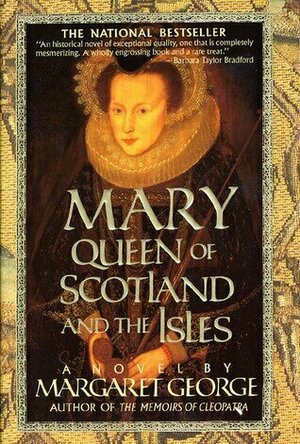
Mary Queen of Scotland and The Isles
Book
She became Queen of Scots when she was only six days old. Life among the warring factions in...

Real Cricket™ 17
Games and Sports
App
Real Cricket™ is here and here to stay! We have migrated to a brand new experience with Real...
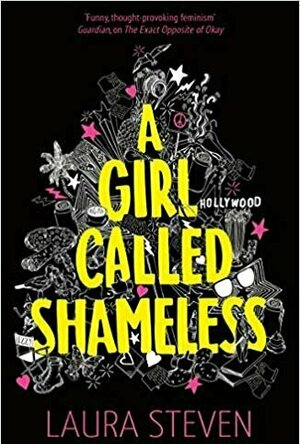
A Girl Called Shameless
Book
Funnier. Ruder. Angrier. Izzy O’Neill is back in the hilarious sequel to The Exact Opposite of...
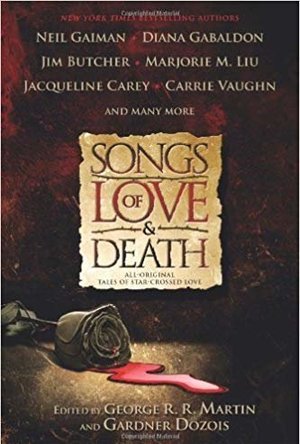
Songs of Love and Death: All-Original Tales of Star-Crossed Love
Book
N this star-studded cross-genre anthology, seventeen of the greatest modern authors of fantasy,...

The Pillars of the Earth
Tabletop Game
The Pillars of the Earth is based on the bestselling novel by Ken Follett and the 2006 game in the...
Boardgames WorkerPlacementGames BooksintoGames
Lyndsey Gollogly (2893 KP) rated Breathless ( Scarlet Suffragette book 2) in Books
Mar 29, 2022
Kindle
Breathless (Scarlet Suffragette book 2)
By Nicola Claire
⭐️⭐️⭐️⭐️
Nicola Claire's captivating new Gothic romance series continues with a dark and sinister London City at the end of the nineteenth century - brightened by a fearless and talented heroine and a loyal and secretive police inspector...
Determined doctor? Interfering busybody? Fearless fighter?
The London of Anna Cassidy's memories is not the London she faces today. Having proved her worth as a physician, Dr Cassidy finds herself pitted against the stolid attitude of a male-dominated society.
But it's not only society she has to contend with.
A criminal mastermind has set themselves up in London, England; chosen the dirty streets of Whitechapel and Lambeth as their stage. Competing against a devious and cunning opponent sets Anna and her closest friends off on a dire adventure, which could culminate in a loss so great Anna may never recover again.
Steadfast police inspector? Loyal guardian? Caring lover?
Anna, however, is not alone. Or, at least, she won't be once Inspector Kelly finds her. Facing the ghosts of his past, Andrew Kelly rushes to face Anna's enemies and protect the woman he loves.
But Anna is not unable to defend herself.
Proving she needs him is a task Inspector Kelly would gladly undertake. But the city of Andrew's birth is more in the grip of evil machinations than it has ever been, bringing to mind memories of a dark London, ripped to within an inch of its life by a devil known to most simply as Jack.
Andrew knows otherwise. For his secrets are unravelling and within their shadowed corners lies a murderer, a poisoner, and a villain so deceitful that nothing is what it appears to be.
A gritty, twisted, and authentic Victorian romantic suspense, sure to rip you apart... just like old Jack.
Read preview >
This was so good I love the era and the references to Jack the Ripper and Sherlock Holmes. It has fabulous characters both good and bad. The story kept you wanting to read more. I’m not one for huge relationship storylines but this I loved. Highly recommended if you like murder mystery set in a gothic Victorian era.
Debbiereadsbook (1653 KP) rated A Lady to Treasure in Books
Oct 17, 2023
This is, I think, the first I've read of this author, and I really enjoyed it.
I'm not afraid to say I like my books on the steamier and smexier side, you know I'm not but what I liked the most about this was the fact that there is NO smexy stuff!
Oh, don't get me wrong, there is love and passion and emotions all over the place but it's very much a fade to black book, and I liked that it was.
Louisa is in a tricky spot, having been sent by her father to secure a husband in England with enough money to save his business. Sarah is just trying to keep a head above herself; her sister; her father and stepmother and the waste of space that is her stepbrother.
Several marriage offers later, and a terrible attack on Louisa and the ladies realise that they need each other. But Sarah has been alone for so long and accepting the help and love that Louisa offers is hard and she pushes her away, often. Tragedy strikes and Sarah knows to where he must go for help.
I think the thing I struggled the most with, was how long this book is. There is a huge amount of back story, that seemed to drag on. Back stories are great, but I found myself skipping huge chunks. I didn't feel I missed anything by doing so, so maybe they didn't need to be there.
I loved the supporting cast. Eleanor especially, was a joy, even if she was shunned by most of "polite society" in those days.
I didn't feel anything from either woman about what might happen if they let themselves love on each other, you know? Neither were bothered by their feelings and what might happen. Found that a bit odd, given the time they lived in. The romance element sort of popped up too, there didn't seem to be any build up!
But all in all, a nice read, with some drama and some passion; some love and some danger.
4 stars
*same worded review will appear elsewhere
